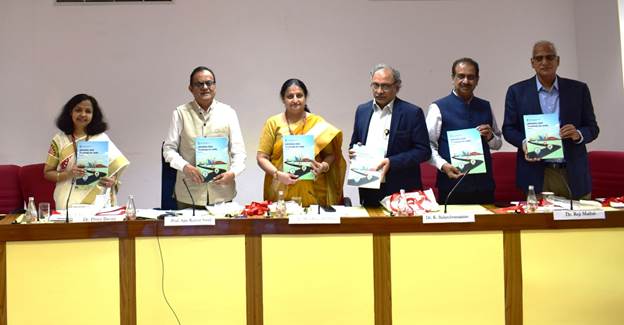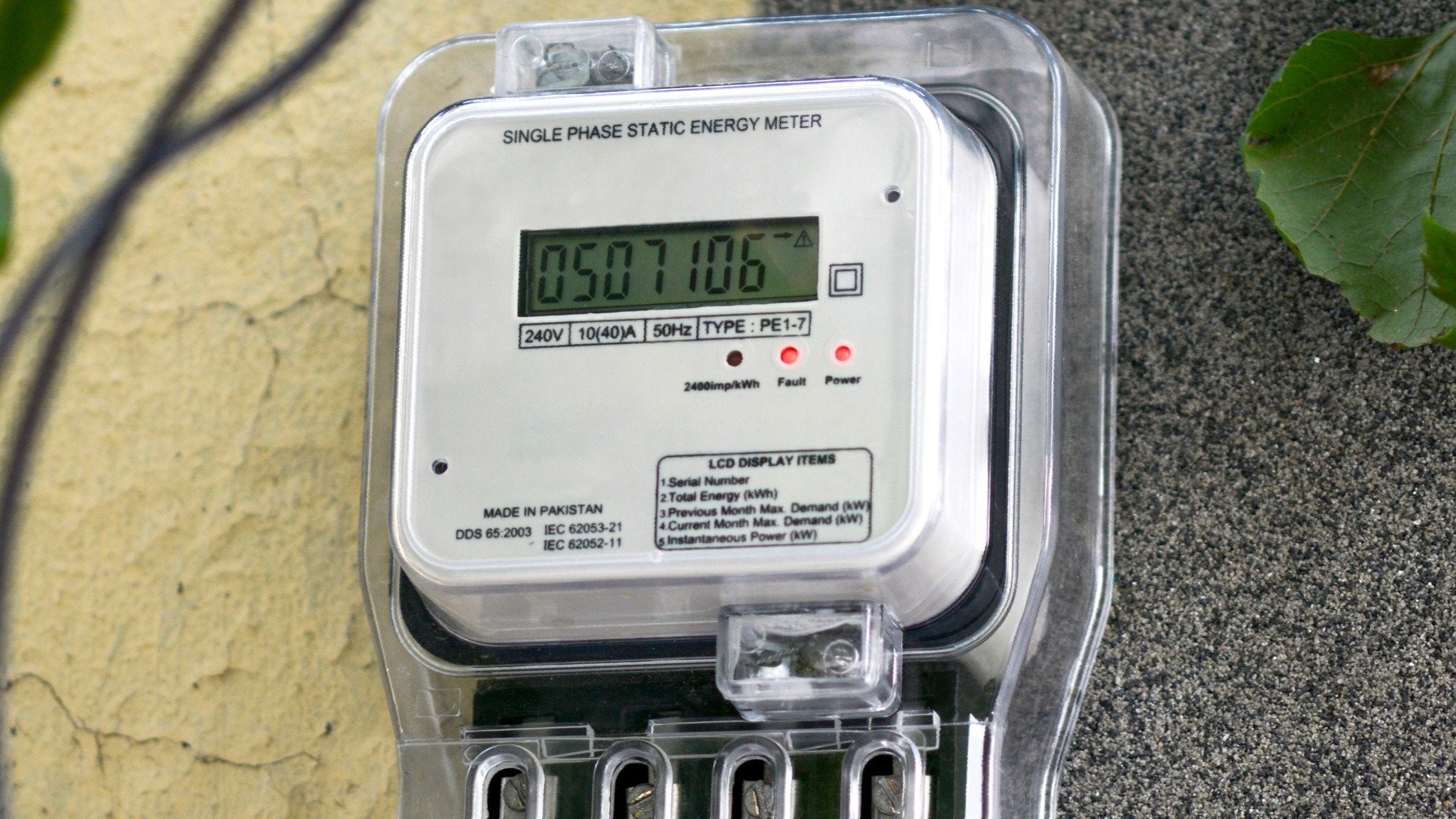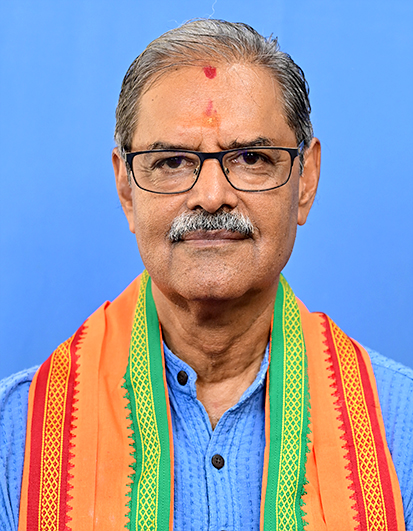India Targets 45% Emission Reduction by 2030, Energy Independence by 2047

India has set ambitious targets to achieve a 45% reduction in emission intensity by 2030 and to attain energy independence by 2047, ultimately aiming for net-zero emissions by 2070. Central to this vision is the wider adoption of electric vehicles (EVs), the manufacturing of indigenous energy storage systems, and the generation of renewable energy to power charging infrastructures.
In his opening address, Professor Ajay Kumar Sood, Principal Scientific Adviser to the Government of India, emphasized the current reliance on imports within the e-mobility value chain and highlighted the need to strengthen domestic research and development (R&D) capabilities in the automotive sector. “We must reduce our dependence on imports and focus on enhancing our domestic R&D capabilities to support the automotive sector,” he said.
Strengthening Domestic R&D Capabilities
Dr. Preeti Banzal, adviser, Office of PSA, provided an overview of the significant efforts toward creating a strong R&D ecosystem in the automotive sector. She noted that the Office of PSA established the Consultative Group on eMobility (CGeM) in August 2022. This panel of experts from government, academia, and industry is tasked with devising technical roadmaps and studies to accelerate the transition from fossil fuel-based transportation to electric mobility in India. The roadmap document was prepared by the Automotive Research Association of India (ARAI) under the guidance of CGeM.
Presenting the E-Mobility R&D Roadmap
Prof. Karthick Athmanathan, PSA fellow and professor of practice at IIT Madras, summarized the e-mobility R&D roadmap for India. He explained that the DST White Paper addresses the actions needed to move away from the current import-dependent situation and prevent similar issues in the future as technologies evolve. “The roadmap identifies research projects with a focus on technology deployment and market leadership,” said Prof. Athmanathan. “Priority was given to projects based on their potential impact on national energy independence, feasibility, market dominance, and their ability to leverage existing infrastructure.”
Path to Future Independence and Self-Sufficiency
During the Q&A session, it was revealed that the e-mobility R&D roadmap outlines critical research initiatives that will position India as a leader in global value and supply chains within the next five to seven years. The roadmap addresses significant gaps in the current R&D framework, aiming to establish a strong foundation for future innovations. While some projects have yet to achieve global success, others already demonstrate significant international accomplishments, setting the stage for India’s future endeavors in these areas.
Emphasizing the Importance of R&D and Innovation
In his concluding remarks, Prof. Sood highlighted the significant contribution of the automobile sector to India’s GDP and its fast growth trajectory. He stressed that this progress must align with the country’s net-zero vision, emphasizing the urgent need to foster a culture of R&D and innovation-driven growth in the automotive sector. “The automobile sector will continue to play a crucial role in our economy, and we must ensure that this growth is sustainable and aligned with our net-zero vision,” he concluded.
India’s strategic focus on reducing emissions, achieving energy independence, and developing a robust e-mobility ecosystem reflects its commitment to sustainable growth and leadership in the global automotive industry.








